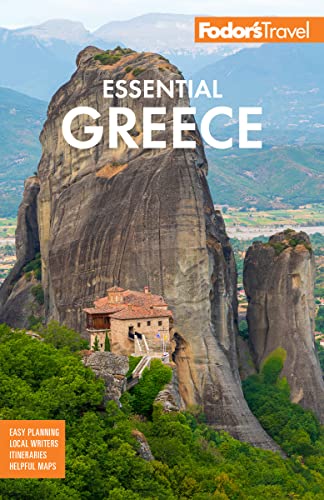The Agora was once the focal point of urban life. All the principal urban roads and country highways traversed it; the procession of the great Panathenaea Festival, composed of chariots, magistrates, virgins, priests, and sacrificial animals crossed it on the way to the Acropolis; the Assembly met here first, before moving to the Pnyx; it was where merchants squabbled over the price of olive oil; the forum where Socrates met with his students; and centuries later, where St. Paul went about his missionary task. Lying just under the citadel of the Acropolis, it was indeed the heart of the ancient city and a general meeting place, where news was exchanged and bargains transacted, alive with all the rumors and gossip of the marketplace. The Agora became important under Solon (6th century BC), founder of Athenian democracy; construction continued for almost a millennium. Today, the site's sprawling confusion of stones, slabs, and foundations is dominated by the best-preserved Doric temple in Greece, the Hephaistion, built during the 5th century BC, and the impressive reconstructed Stoa of Attalos II, which houses the Museum of the Agora Excavations.
You can still experience the sights and sounds of the marketplace in Monastiraki, which retains vestiges of the 400-year period when Greece was subject to the Ottoman Empire. The Varvakeios Agora (Central Market) in the heart of Athinas Street sells fish, meat, and produce from all over Greece and is the major supplier for the city. Not for the squeamish, the bustling market is where you'll see every variety of fish, skinned goats, and cow's tongues. It is a bustling and colorful complex of both indoor and outdoor stalls and shops scattered around the back streets.
For anyone who may have explored the city even only a few years ago, Monastiraki today is unrecognizable, especially at night. Cool, artsy bars, some managed by savvy mixologists, tiny street food eateries, dessert places, third-generation cafés making designer coffee, restaurants, yoga schools, and vintage or design stores have mushroomed across the area in the true style of a European capital. It's a great idea to head down Ermou and cross into the heart of Monastiraki's mazelike streets without any map or any plan, just a thirst for adventure and to gain a new understanding of what Athens's real center is all about.
During his stint in Athens, Lord Byron stayed in Psirri, adjacent to Monastiraki, and this is where he supposedly met Thiresia-Tereza Makri, who inspired him to write "The Maid of Athens." Over the last 20 years an influx of artists, designers, bakers, and organic grocers took advantage of the available rental opportunities, changing the area's profile and bringing the rents up considerably.
Defined by Ermou, Kerameikou, Athinas, Evripidou, Epikourou, and Pireos streets, Psirri has many buildings older than those in picturesque Plaka. Although nowhere near as fashionable as it was in the late 1990s–early 2000s, it still draws the crowds for its plethora of tavernas, mezedopoleio (Greek tapas bars), nightspots, and cafés, while a small number of artsy shops and modern hotels, including the O&B Athens Boutique Hotel, can be found in the area. Peek over the wrought-iron gates of the old houses on the narrow side streets between Ermou and Kerameikou to see the pretty courtyards bordered by long, low buildings, whose many small rooms were rented out to different families. Linger on into the evening if you want to dance on tabletops to live Greek music or sing along with a soulful accordion player. The classic old Athens eatery Diporto is well hidden in the corner basement of an olive shop (with no sign) on Platia Theatrou. The regulars know where it is, and that’s good enough (you can ask). Just follow your nose to Evripidou Street, where the city's best spice and herb shops are. If you're feeling adventurous (during the day only) get lost in the border between Psirri and Omonia to discover the immigrant zone brimming with Indian and Pakistani restaurants and grocers, Chinese clothes shops, and Middle Eastern barbers.




